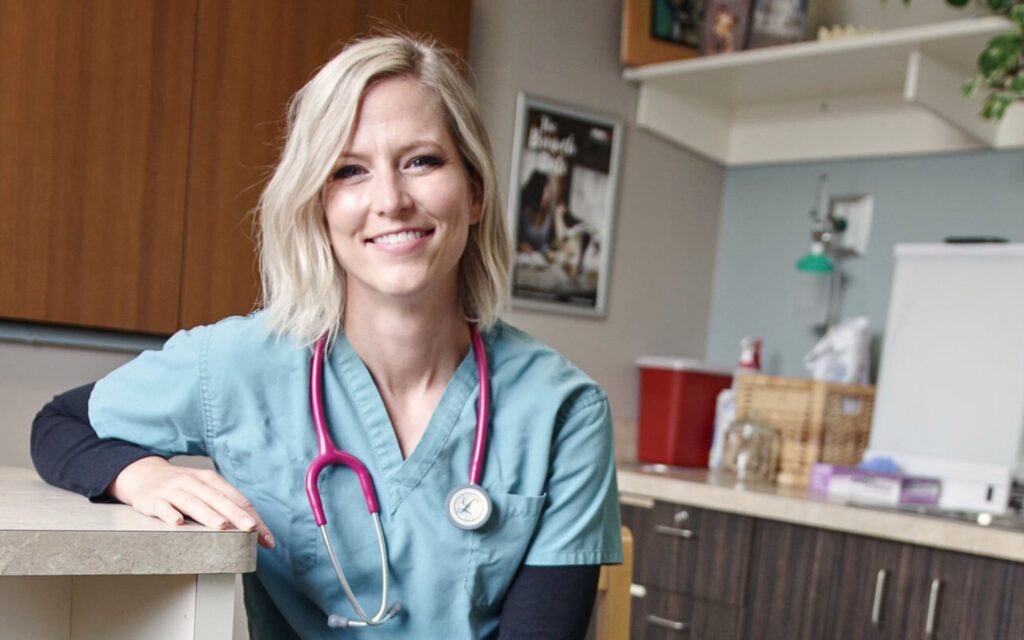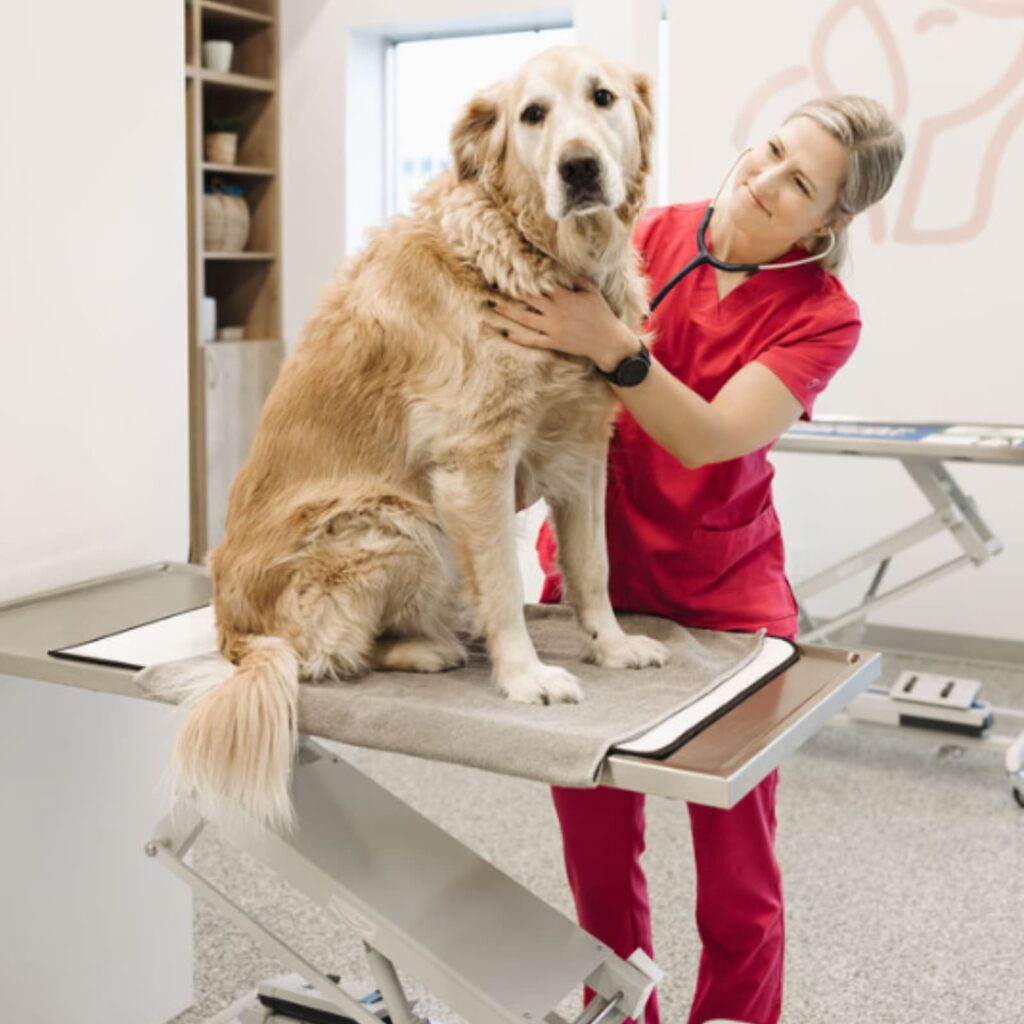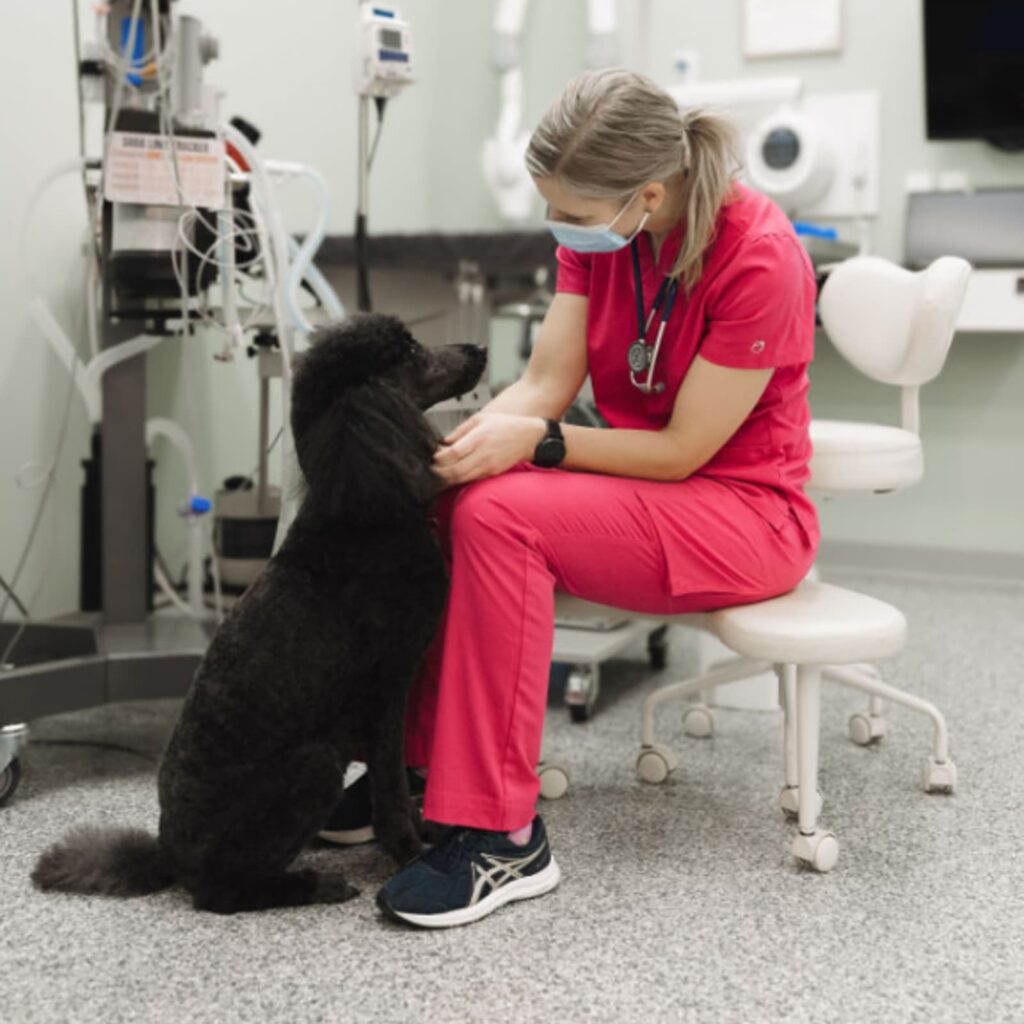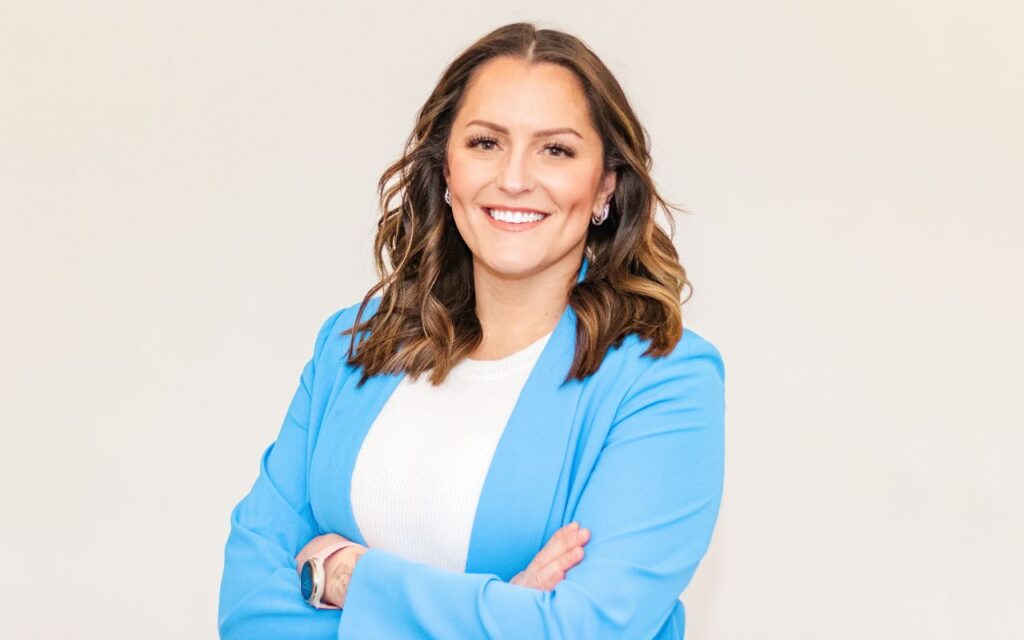
I vividly recall what is still, to date, the most gut-wrenching mistake of my life – a mistake that led to the death of a patient. I was a third-year small animal emergency and critical care resident at North Carolina State University, working in a busy intensive care unit. It was a Friday afternoon; the unit was full, I was sleep-deprived, and I was helping place a nasal feeding tube for a dog named Laci. Everything that could go wrong, did.
I asked a veterinary technician to place the tube and then take an x-ray so I could confirm its position. The first x-ray showed the tube in the esophagus but kinked at the end. I asked the technician to adjust it slightly and repeat the x-ray. Unbeknownst to me, the tube had been removed entirely and replaced. In my haste, I only checked that the tube was pointing toward the stomach and that the kink was gone – I didn’t examine the x-ray fully. The tube was in Laci’s trachea. That error led to food entering her lungs, and she suffered cardiopulmonary arrest and died overnight.
I still hear the radiologist’s voice calling me the following Monday: the last x-ray showed the tube in her airway. My stomach clenched; nausea washed over me. I thought, “I killed Laci.”
The aftermath was agonizing. Laci’s owners filed a lawsuit, and a complaint was lodged with the North Carolina Veterinary Medical Board. Even though the standard of care had been followed – taking an x-ray to confirm placement – I had misinterpreted it. I berated myself endlessly, convinced I didn’t deserve to practice veterinary medicine. I questioned every decision I made for weeks and felt terrified to interpret x-rays again.
Months later, when I was still struggling, my mentor sat me down. “Marie,” he said, “do you know how many mistakes I’ve made in my career? You have to forgive yourself and move on.” He handed me an article from the New England Journal of Medicine, written by an experienced OBGYN whose mistake had resulted in an unwanted termination of a patient’s pregnancy. Reading it, I realized I wasn’t alone; mistakes were part of being human. That was the first step on my path toward self-forgiveness and acceptance.

Fast forward more than a decade: I am now an emergency and critical care veterinary specialist, and I speak openly about mistakes and the importance of self-compassion. Mistakes are inevitable – not just in medicine, but in life. They can feel devastating, whether we are making decisions at work, raising children, or caring for the pets and people we love. Yet they also offer an opportunity to grow, to improve our systems, and to learn to respond with kindness rather than shame.
Self-compassion has been transformative for me. Dr. Kristin Neff’s Self-Compassion: The Proven Power of Being Kind to Yourself introduced me to three concepts that resonate deeply: speaking to ourselves with kindness, acknowledging common humanity, and practicing mindfulness with our negative emotions. I’ve learned to journal about shameful experiences, develop a self-compassion mantra, and speak to myself as I would to a cherished friend. These practices have strengthened my ability to bounce back from challenges and softened the self-criticism that once consumed me.
Research supports this approach. A 2017 study in the Journal of Veterinary Medical Education found that students who practiced self-compassion were more resilient in the face of setbacks. Kindness toward oneself doesn’t mean ignoring mistakes; it means embracing our humanity, learning from our experiences, and moving forward with awareness and care.

Looking back, forgiving myself for Laci’s death did not erase the grief, nor did it absolve the mistake. But it allowed me to move forward with compassion – for myself, for others, and even for the pets in my care. Mistakes are inevitable in life, whether as a professional, a parent, or a friend. Learning to treat ourselves with the same kindness and understanding we would offer to someone we love allows us not only to survive our setbacks – but to grow from them.
I will never forget Laci, and I carry the lessons she taught me in every decision I make, both in work and in life. In honoring my own humanity, I hope to inspire others – women, pet owners, friends – to do the same: to forgive, to learn, and to move forward with courage and compassion.








